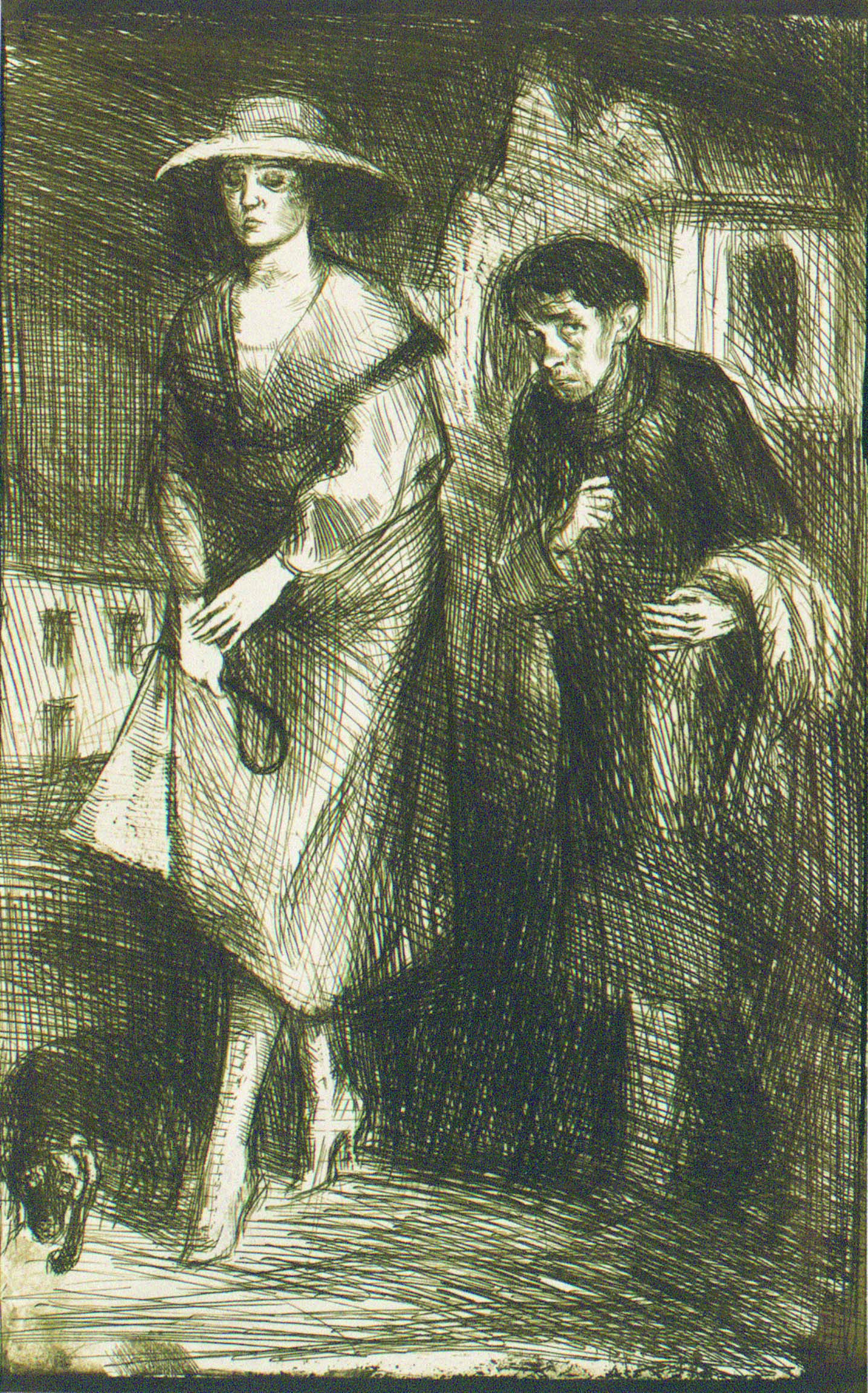Dlaczego Schulz?
Słowa kluczowe:
Bruno Schulz, postpamięć, melancholia, trauma, historia UkrainyAbstrakt
The essay presents a personal approach to Bruno Schulz not only as an outstanding writer and artist, but above all as a figure of imagination that connects the worlds and cultures of Poles, Ukrainians, and Jews. The author defines this function as “worldbuilding” and places it in a process of reconstructing the semantic landscape of Galicia, devastated by World War II and mass deportations, which turned the postwar generations into semantic orphans. This reconstruction does not consist in the impossible return of Poles, Jews, and Ukrainians to Drogobych or Lviv, but in acknowledging the complex past of the region which is our home. Its picture stems from the text of the architectural heritage as well as written texts. Such a text or archetypal metatext has been the work of Bruno Schulz and many others, born in the same area: Joseph Roth, Leopold Sacher-Masoch, Paul Celan, Stanisław Lem, Zbigniew Herbert, Rosa Ausländer, Gregor von Rezzori, Manès Sperber, Georg Drozdowski or Bogdan-Igor Antonych. The task of reconstructing the Regions of Great Heresy has been performed not just in Drogobych, but all over our part of the world – in Lviv, Vilnius, Gdańsk, Wrocław, and Tschernivtsi. We have been trying to heal the wounds inflicted by World War II, which will take long, is by no means simple, and meets much resistance. Like in Schulz’s stories, we have embarked on a long but interesting journey and much is still to be discovered.

 Uniwersyteckie Czasopisma Naukowe
Uniwersyteckie Czasopisma Naukowe





